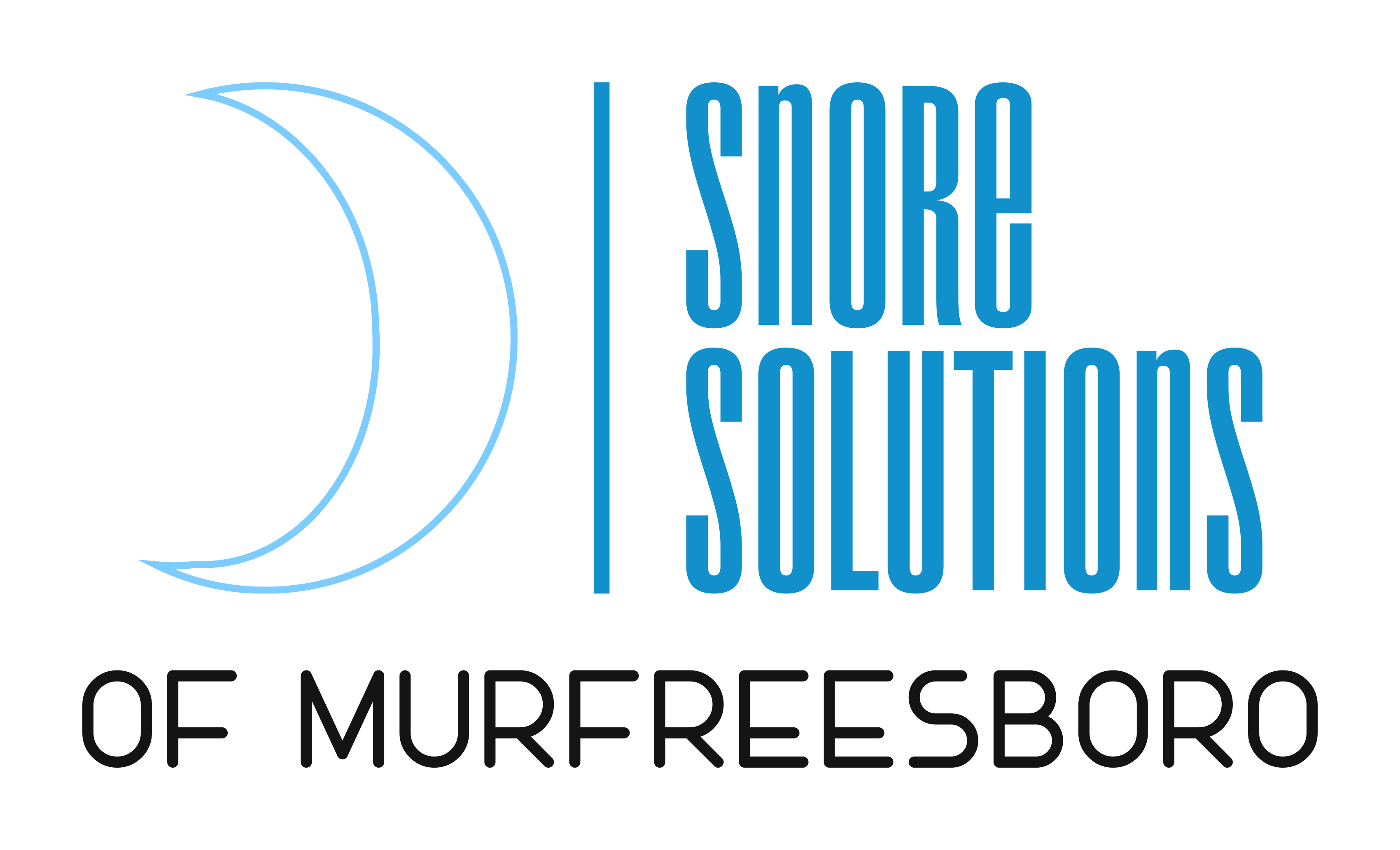Individuals who experience persistent allergies and nighttime snoring may find it enlightening to discover the correlation between these two conditions.
An examination of the nature of allergies and their potential role in causing snoring is undertaken. Additionally, an analysis is conducted on the common allergens that exacerbate snoring and the impact of allergies on the nasal passages.
Insights on managing allergies to alleviate snoring encompass the use of medications, natural remedies, allergy testing, and immunotherapy. Furthermore, other factors that can contribute to snoring, such as obesity, sleeping position, smoking, and alcohol consumption, are briefly discussed.
Uncover the potential benefits of addressing allergies in enhancing sleep quality and reducing snoring episodes.
Understanding Allergies and Snoring
It is imperative to comprehend the complex relationship between allergies and snoring, as it is essential for enhancing sleep quality and overall well-being. Despite appearing unrelated, these two issues can greatly affect the respiratory system and result in disruptions to sleep patterns.
Allergies and snoring are interconnected by means of nasal congestion, airway blockages, and inflammation induced by allergens like pollen, dust mites, and other environmental triggers.
What are Allergies?
Allergies represent the immune system’s response to foreign substances, referred to as allergens, which may provoke a range of symptoms, including sneezing, itching, and nasal congestion. These symptoms manifest when the immune system erroneously perceives benign substances such as pollen, pet dander, dust mites, or specific foods as threats. Among the common allergens capable of inducing allergic reactions are pollen originating from trees, grasses, and weeds, as well as mold spores and pet dander.
Upon encountering these allergens, the body releases histamines and other chemicals, resulting in inflammation and the characteristic symptoms associated with allergies. The intensity of allergic reactions can vary, ranging from mild discomfort to potentially life-threatening anaphylaxis when triggered by specific allergens like peanuts or bee stings.
What is Snoring?
Snoring is typically defined as the audible sound resulting from the vibration of respiratory structures during sleep, often attributed to airway obstruction, which can subsequently lead to disturbances in sleep patterns and possible health ramifications.
When the airway experiences partial blockage while an individual is asleep, the relaxation of soft tissues located at the rear of the throat and the palate can lead to excessive relaxation, thereby constricting the air passage. Consequently, as air endeavors to traverse this confined space, it induces vibrations in these tissues, giving rise to the characteristic sound of snoring.
Various factors, such as obesity, nasal congestion, enlarged tonsils, and insufficient muscle tone in the throat, can contribute to the narrowing of the airway, exacerbating the occurrence of snoring. This disrupted breathing pattern can result in fragmented sleep and decreased oxygen intake, consequently influencing the quality of sleep and potentially precipitating health issues such as daytime fatigue, irritability, and an elevated susceptibility to cardiovascular complications.
How Allergies Can Cause Snoring
Allergies can play a significant role in the occurrence of snoring due to the development of nasal and sinus congestion, thereby resulting in breathing challenges and disruptions in sleep patterns. In instances where allergic responses trigger inflammation and swelling in the nasal passages, the consequent restriction in airflow manifests as the distinct sound associated with snoring.
Common Allergens that Contribute to Snoring
Common allergens that are known to contribute to snoring include pollen, dust mites, and various environmental allergens that have the potential to trigger allergic reactions and nasal congestion. When these allergens are inhaled or come into contact with the respiratory system, they have the capacity to irritate the nasal passages, leading to inflammation and swelling.
This swelling has the effect of narrowing the airways, thereby impeding the free flow of air. Consequently, the restricted airflow through the nasal passages can result in mouth breathing during sleep, a common factor in snoring. Moreover, the body’s response to these allergens can stimulate the production of excess mucus, which serves to further obstruct the airways, thereby increasing the likelihood of experiencing episodes of snoring.
Effects of Allergies on Nasal Passages
Allergies impact the nasal passages by inducing inflammation and congestion, which can obstruct airflow and result in snoring. The consequences of allergies on the nasal passages typically manifest as the swelling of tissues that line the airway, causing constriction and impeding the smooth passage of air. This constriction can lead to turbulent airflow during breathing, consequently elevating the likelihood of snoring. Additionally, heightened mucus production in the nasal passages due to allergic responses can exacerbate congestion and intensify episodes of snoring. The cumulative effect of these factors can disturb the sleep quality and overall respiratory patterns, thereby influencing one’s health and well-being.
Treating Allergies to Reduce Snoring
Effectively managing allergies can have a substantial impact on reducing snoring by addressing nasal congestion and other symptoms that contribute to airway obstruction. Utilizing a blend of allergy medications and natural remedies can offer relief from allergies, consequently enhancing the quality of sleep and minimizing snoring.
Medications and Natural Remedies
Allergy medications and natural remedies have a significant impact on alleviating allergy symptoms and addressing snoring issues. Antihistamines represent a prevalent form of allergy medication, which functions by obstructing the effects of histamine, thereby mitigating symptoms such as sneezing, itching, and nasal congestion. Decongestants serve to reduce the swelling of nasal passages, facilitating improved breathing. Corticosteroids function to alleviate inflammation in the nasal passages, thereby reducing congestion. Nasal sprays, including saline solutions, may effectively cleanse irritants from the nasal passages.
Plus conventional medications, natural remedies such as herbal teas like peppermint or eucalyptus can provide relief by soothing nasal passages and enhancing respiratory function. Essential oils, such as lavender or chamomile, are known for their calming properties, which can enhance the quality of sleep.
Allergy Testing and Immunotherapy
Allergy testing and immunotherapy play crucial roles in the diagnosis and management of allergies, aiding in the identification of specific allergens and delivering sustained relief.
In allergy testing, skin tests or blood tests are typically employed to precisely determine the allergens responsible for triggering symptoms. Subsequently, immunotherapy, also referred to as allergy shots, may be prescribed. Immunotherapy functions by gradually exposing the body to small quantities of the allergen, facilitating the immune system’s development of tolerance over time. By targeting the underlying cause of allergic reactions, immunotherapy strives to diminish overall sensitivity to allergens, thereby potentially alleviating symptoms such as snoring induced by allergies.
Other Factors that Contribute to Snoring
Plus allergies, various other factors may contribute to snoring, such as obesity, sleep position, smoking, and alcohol consumption. These factors have the potential to induce airway obstruction, resulting in disrupted sleep patterns and conditions like sleep apnea.
Obesity and Sleep Position
Excess weight and sleep position both play significant roles in contributing to snoring, as obesity can lead to airway blockage, and certain sleep positions can worsen this condition.
Individuals who are overweight or obese frequently have adipose tissues around their neck and throat, which can constrict the airway and create vibrations during breathing, resulting in snoring. Sleeping on one’s back can additionally compress the airway and exacerbate snoring.
To address snoring attributed to these factors, weight management through a well-rounded diet and regular physical activity can aid in decreasing excess weight and alleviating stress on the airway. Furthermore, adopting a lateral sleeping position can help in opening up the airway and reducing occurrences of snoring.
Smoking and Alcohol Consumption
The consumption of tobacco and alcohol can exacerbate snoring by inducing relaxation in the throat muscles and heightening inflammation, thereby exacerbating the severity of sleep disruptions.
Upon ingestion, these substances have the potential to render the throat tissues more pliable and susceptible to collapse during sleep, resulting in the obstruction of the airway and the generation of vibrations that manifest as snoring.
While smoking and alcohol consumption might appear innocuous on the surface, their impact on snoring can have adverse implications for one’s overall well-being. To mitigate snoring attributed to these factors, it is advisable to restrict or abstain from smoking and alcohol consumption in proximity to bedtime. Doing so can assist in preserving optimal airway functionality and fostering a more healthful sleep regimen.
Frequently Asked Questions
What is the connection between allergies and snoring?
The connection between allergies and snoring is that allergies can cause nasal congestion and inflammation, leading to difficulty breathing through the nose and resulting in snoring.
Can allergies cause snoring?
Yes, allergies can cause snoring as they can block the nasal passages and make it harder to breathe through the nose, resulting in snoring.
What are common allergies that can contribute to snoring?
Common allergies that can contribute to snoring include hay fever, dust mites, pet dander, and mold.
How can allergies be treated to reduce snoring?
Allergy treatments such as antihistamines, nasal sprays, and allergy shots can help reduce snoring by relieving nasal congestion and inflammation caused by allergies.
Can snoring be a symptom of allergies?
Yes, snoring can be a symptom of allergies as it is usually caused by nasal congestion and inflammation, which can be triggered by allergens.
What should I do if I think my snoring is caused by allergies?
If you suspect that your snoring is caused by allergies, it is best to consult with an allergist who can help identify your triggers and provide appropriate treatment options.

